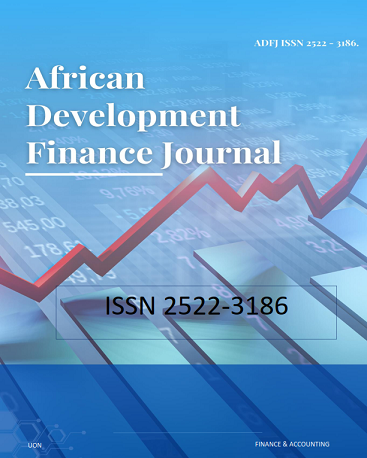Government Revenue Management Practices and Financial Sustainability of Oil Resources in South Sudan
Abstract
Government revenue management practices serve as the foundation upon which the other variables either thrive or falter. Financial sustainability is fundamental to the enduring viability and resilience of any entity, be it a business, organization, or government. The study's objective was to determine the effect of government revenue management practices on the financial sustainability of oil resources in South Sudan. The study was anchored on public choice theory and supported by resource dependency theory. A descriptive longitudinal research design was adopted, utilizing secondary data collected from 2012 to 2023 from sources such as the Central Bank of South Sudan, the Ministry of Petroleum (MOP), the Ministry of Finance and Planning (MOFP), the World Bank Report and the International Monetary Fund (IMF) and analysis by regression models. The findings revealed that government revenue management practices positively and significantly impact financial sustainability of oil resources in South Sudan, highlighting the crucial roles of effective tax collection and transparent public expenditure (R2 = 0.2411, p<0.05). The study concludes that effective government revenue management is essential for the financial sustainability of oil resources in South Sudan. The findings reinforce public choice theory by demonstrating that strong governance and institutional structures are vital for managing the financial aspects of natural resources in resource-rich but economically vulnerable countries. This study aids industry stakeholders in developing best practices that ensure the sustainable extraction and sale of oil resources, the findings can shape the development and refinement of national strategies and regulations pertaining to the oil sector and the study enriches academic literature on the dynamics of resource-rich economies. Based on the findings, the study recommends that policymakers in South Sudan prioritize the implementation of robust fiscal policies that enhance the efficiency of revenue collection and ensure transparency in public expenditure. Specifically, the government should establish an independent fiscal oversight body tasked with monitoring oil revenue management and ensuring that revenues are allocated and spent in a manner that supports long-term economic stability.
Keywords: Government revenue management practices, Public Expenditure, Financial Accountability and financial sustainability

